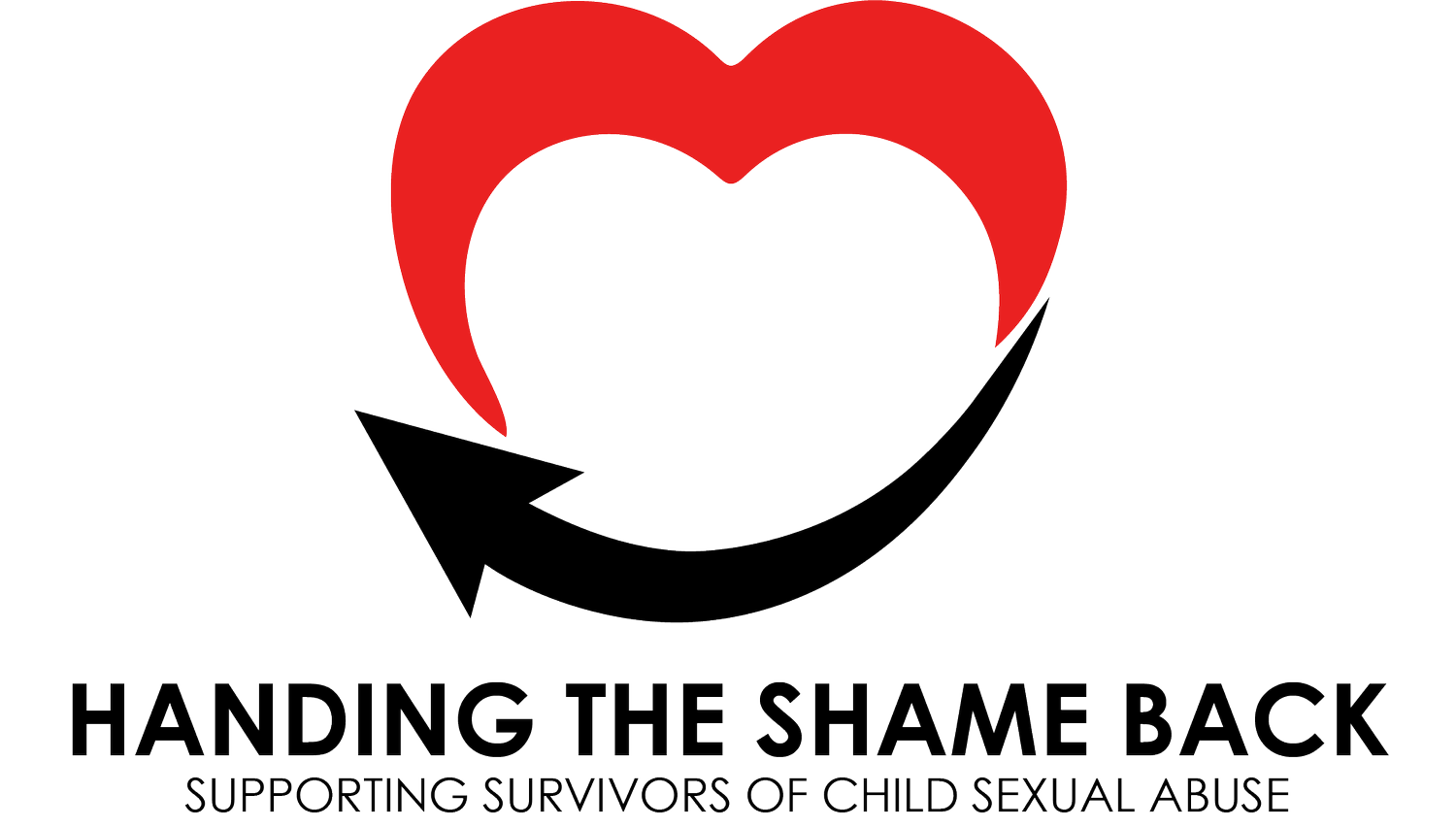Justifying
As survivors if we are sharing what happened to us, some of us have this habit of justifying the truth when discussing with others.
This has to stop. WE need to stop doing that. WE have nothing to prove. WE don’t need anyone’s approval and furthermore, WE never did.
Why does this happen?
One possibility is, when trying to get more support or validation, and not seeing this happen automatically, you feel young and vulnerable again. It may also remind you of trying to tell someone back then, only to be ignored or even ‘She (or he), would never do that’. Again: this behaviour is all reflective of the child you were when trying to get someone to notice and stand alongside you during those times.
This will be hugely triggering and not to be discounted. Hence the need to justify to others.
The trigger being that the child you, wanted someone to rescue you, but no one did. Through your words or behaviour you were telling someone, but no one responded.
As an adult today, it makes sense now to justify your story to others, partly due to your experience, and partly because you want to stop this happening to even one more child.
Here’s something to consider, and hard to accept, it’s good to know that not everyone you tell wants to hear your story, it upsets them or is traumatic for them, so they try to stop the conversation. I’m really talking cognitive dissonance here, the mental discomfort people feel when their beliefs clash with reality. In this case, they want to believe that people are good and children are safe. When confronted with your story, it messes with their minds and leaves them conflicted. This translates to you not being validated the way you had hoped.
Consider this option: Instead of feeling disappointed by this, what if instead, you accepted what is. Perhaps it’s just too hard for them to hear because it triggers something in them, maybe even feeling guilty they couldn’t protect you from the horror you suffered, or that their own childhood was happy.
These are not bad people, they are just out of their depth, meaning, they can’t hear you yet.
There are of course other reasons why your story is hard for people to hear, they just don’t know what to do with it, partly due to child sexual abuse being the silent endemic it is. Partly due to the nimby, (not in my back yard) effect. Again:
STOP hoping to change their reaction; STOP trying to be heard, STOP justifying and explaining. You are the important one here, it is your trauma to manage and your life to be lived, put your energy where the rewards are found!
Find an outlet, whether it is therapy, a trusted person or some creative experience.
There are so many ways to express and share what happened to you. You already know what you love to do, maybe its boxing, painting or hiking.
If it appeals and its enjoyable, look no further, you have found your jam.
I personally find writing/journaling an excellent way to keep on top of my need to express myself, it seems to release what is sitting in my head and is one way to externalise it. Whatever you choose, know that the people that love you the most, will always be there for you, the best way they can.
Equally begin to accept there will be some who can’t be there for you, they are doing what they can with what they know – just like you are.

